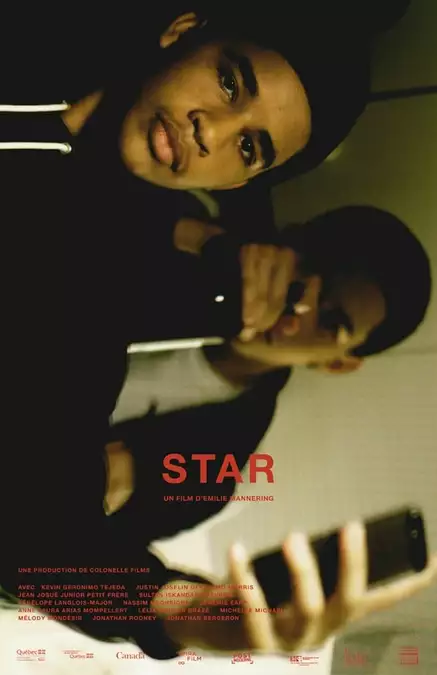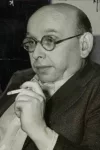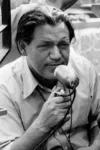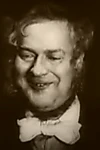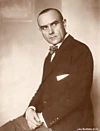Kuhle Wampe or Who Owns the World? (1932)
May 14, 1932Release Date
Kuhle Wampe or Who Owns the World? (1932)
May 14, 1932Release Date
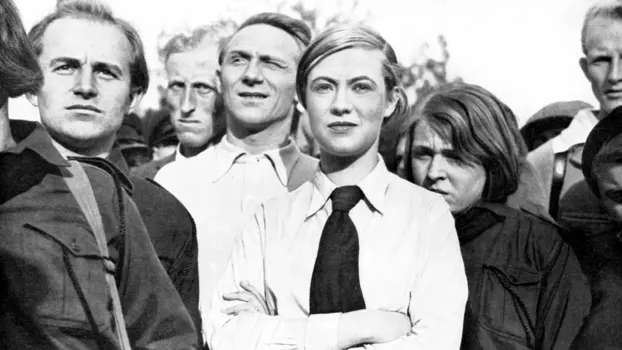
Plot.
Where to Watch.
 Free
FreeCurrently Kuhle Wampe or Who Owns the World? is available for streaming online, rent, buy or watch for free on: Kanopy
Streaming in:🇺🇸 United States

Cast & Crew.
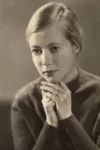
Hertha Thiele
Anni
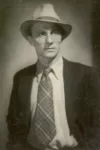
Ernst Busch
Fritz

Max Sablotzki
Vater Bönicke

Lilli Schoenborn
Mutter Bönike

Martha Wolter
Gerda

Adolf Fischer
Kurt
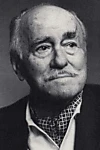
Gerhard Bienert
Zeitungsleser
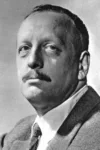
Erwin Geschonneck
Arbeitersportler
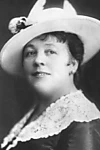
Anna Müller-Lincke
Sängerin
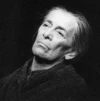
Helene Weigel
Ballad singer (voice)

Carl Heinz Charrell
Actor

Hermann Krehan
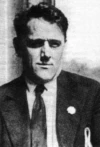
Willi Münzenberg
Producer

Lazar Wechsler
Producer
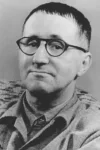
Bertolt Brecht
Screenplay
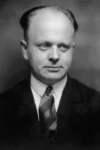
Ernst Ottwalt
Screenplay
Media.


Details.
Release DateMay 14, 1932
Original NameKuhle Wampe oder: Wem gehört die Welt?
StatusReleased
Running Time1h 14m
Filming LocationsBerlin, Germany
Genres
Last updated:
This Movie Is About.
Wiki.
Kuhle Wampe (full title: Kuhle Wampe, oder: Wem gehört die Welt?, translated in English as Kuhle Wampe or Who Owns the World?, and released in the USA as Whither Germany? by Kinematrade Inc.) is a 1932 German feature film about unemployment, homelessness and left wing politics in the Weimar Republic produced by Prometheus Film. The script was conceived and written by Bertolt Brecht. He also directed the concluding scene: a political debate between strangers on a train about the world coffee market. The rest of the film was directed by Slatan Dudow. The film music was composed by Hanns Eisler.
Kuhle Wampe itself was a tent camp on the Müggelsee in Berlin. Wampe is Berlin dialect for "stomach", so the title could be rendered "Empty Stomach".
The film was banned in Germany in 1932 due to the accusations that it depicted the president, the legal system, and religion in a negative light but, following protests, the ban was lifted for a recut version. The film remained unseen for many years. However, a restored print is now available and a video was released by the British Film Institute in 1999, along with a documentary video essay on the original film by Andrew Hoellering, son of the film's producer George Hoellering.
You May Also Like.
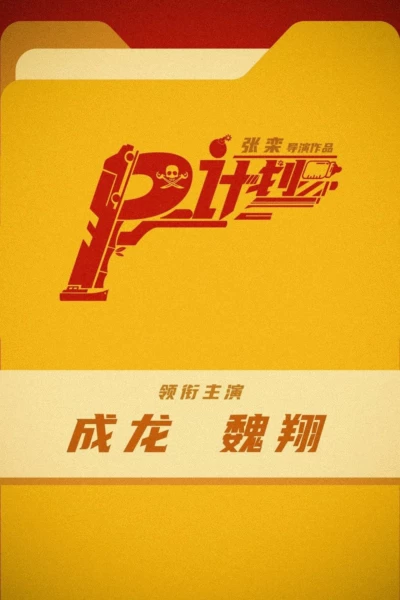
Panda Plan (2024)
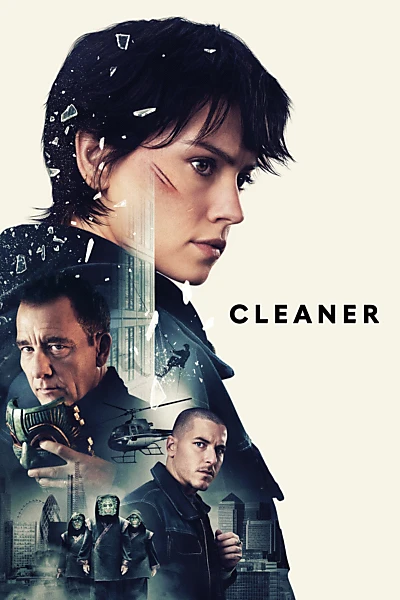
Cleaner (2025)

Busty Girlfriend (2019)
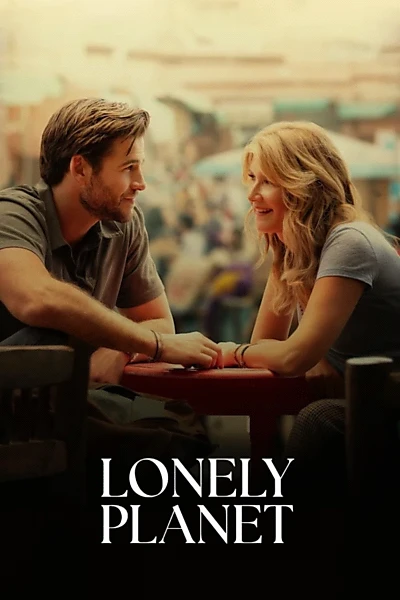
Lonely Planet (2024)
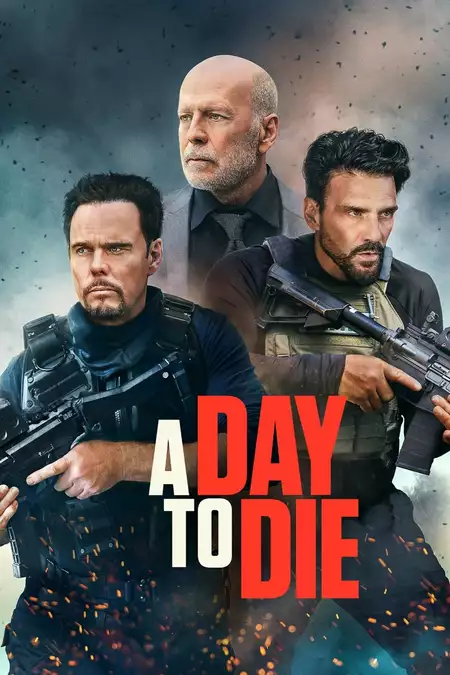
A Day to Die (2022)
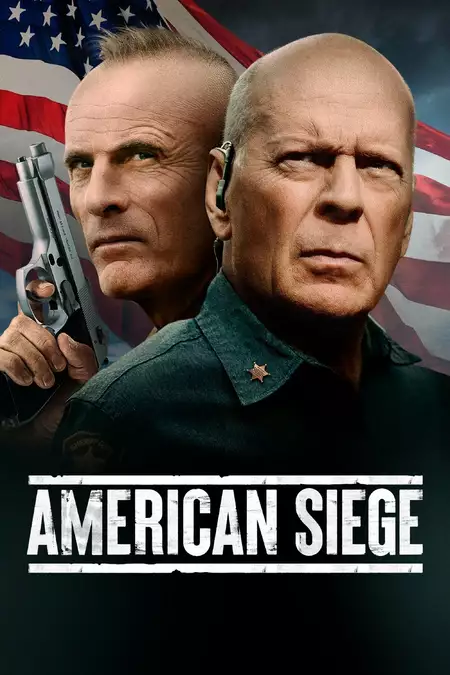
American Siege (2022)

Finnick (2022)
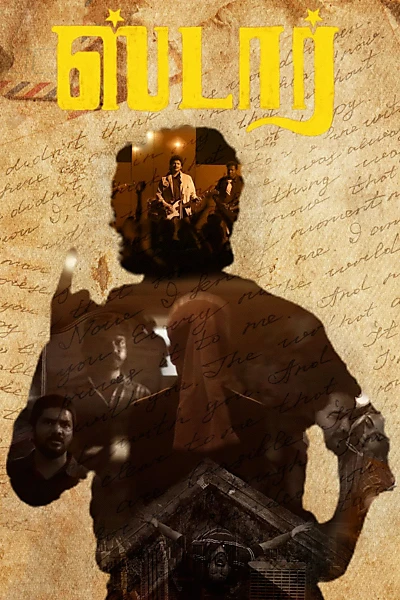
Star (2024)

Restore Point (2023)
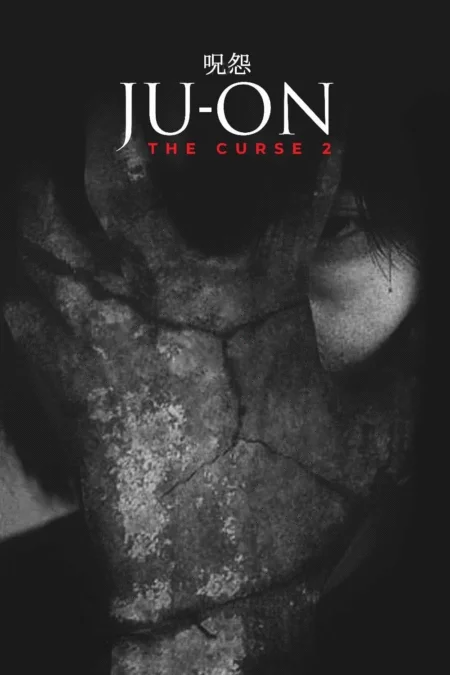
Ju-on: The Curse 2 (2000)

The Demon Wet Nurse (1992)
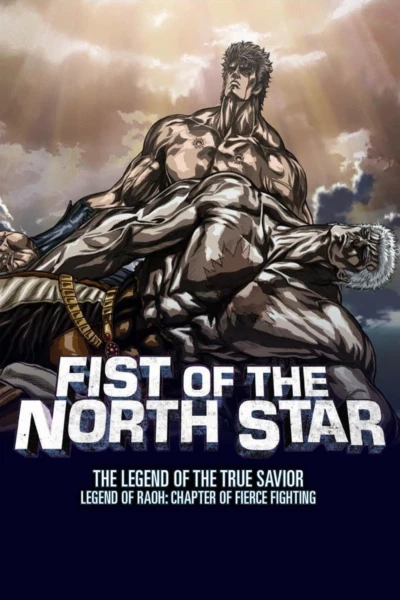
Fist of the North Star: Legend of Raoh - Chapter of Fierce Fight (2007)

Beyond the Boundary: I'll Be Here – Past (2015)
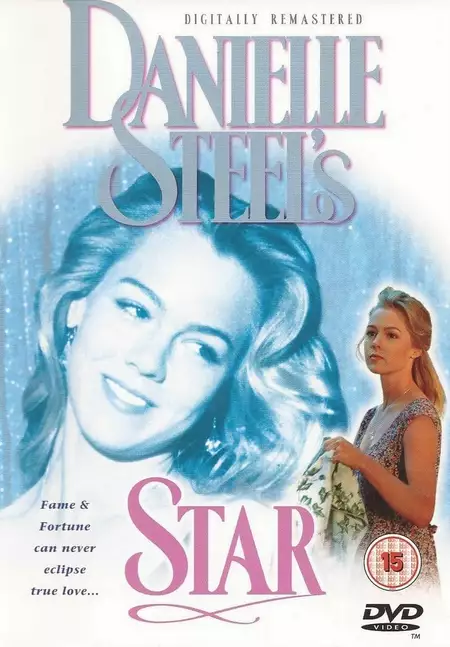
Star (1993)
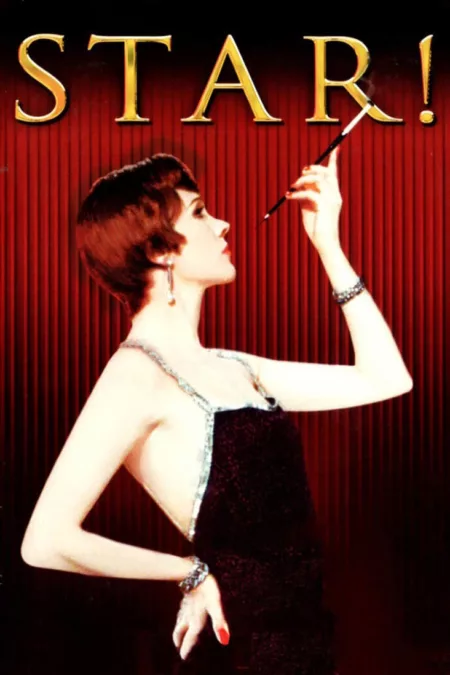
Star! (1968)
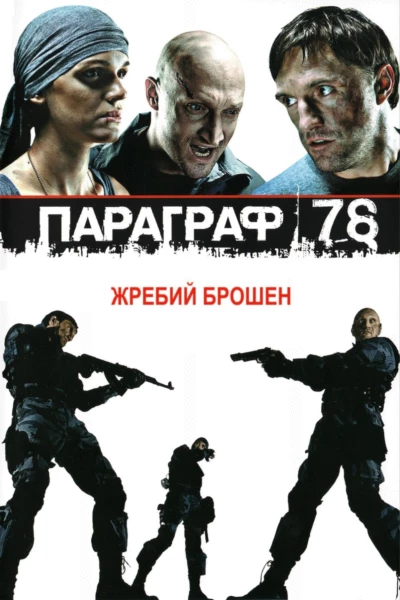
Paragraph 78: Film One (2007)

BTS World Tour: Love Yourself - Japan Edition (2019)
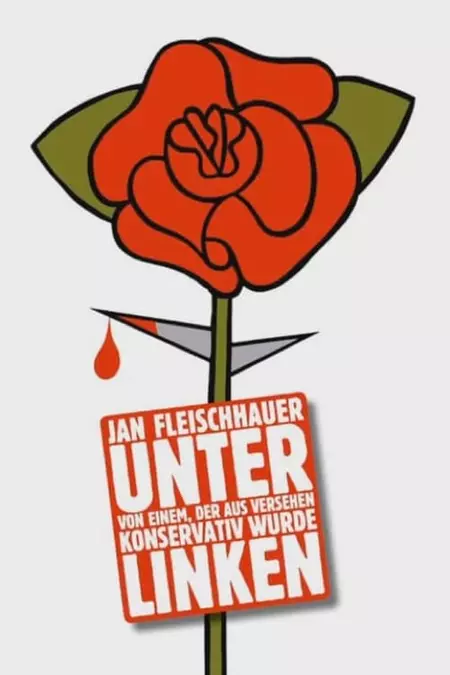
Unter Linken (2010)
